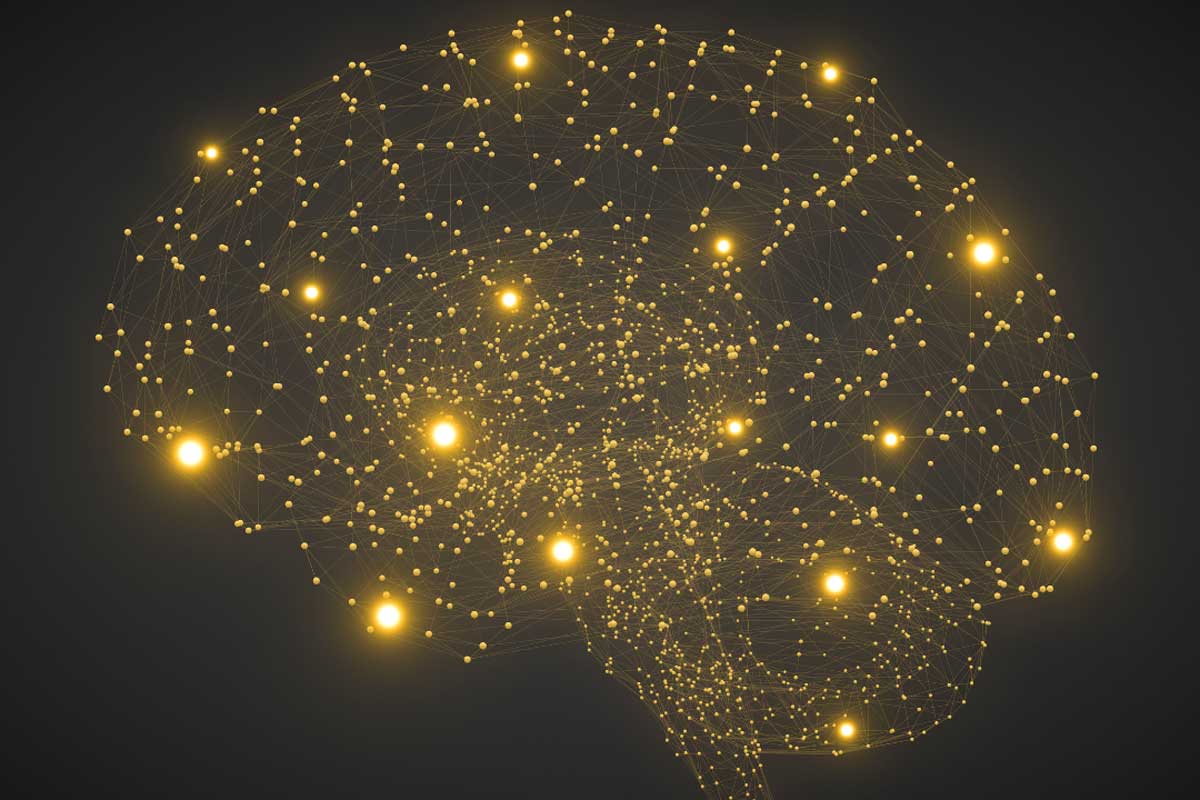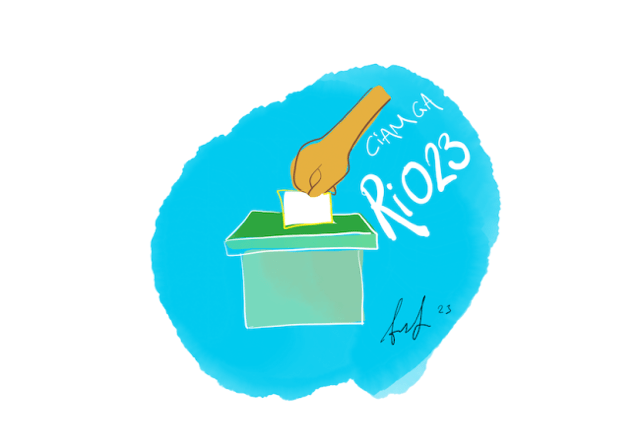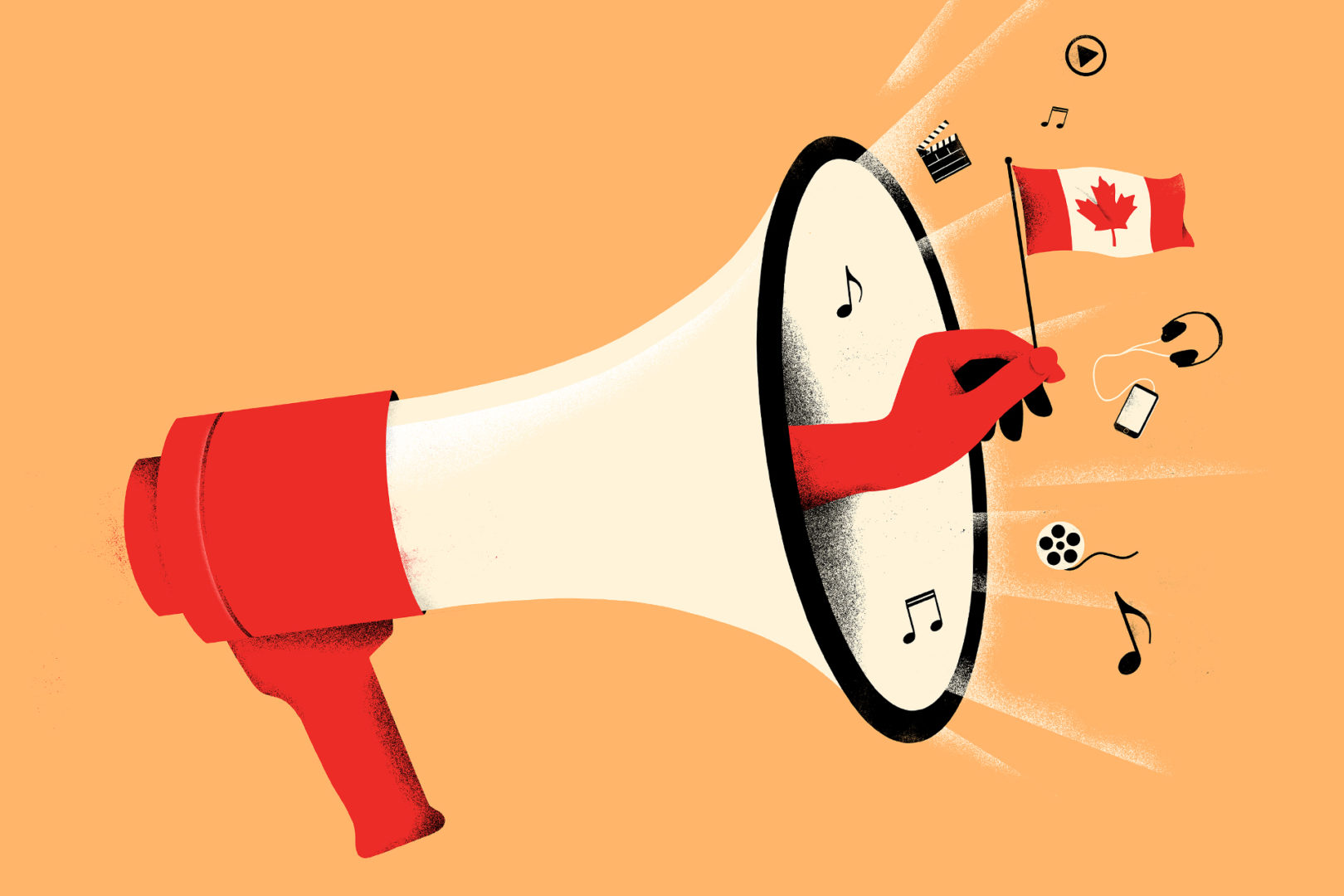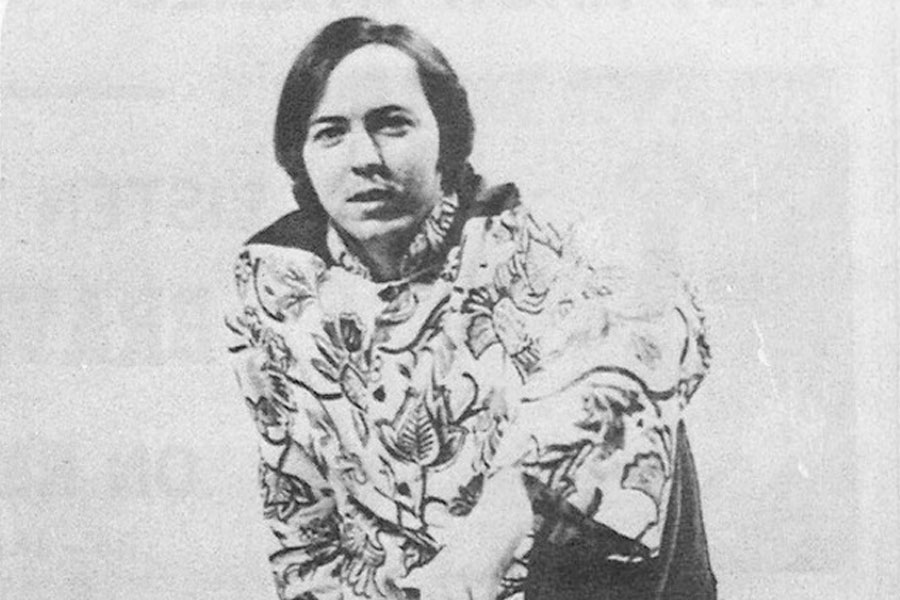Filed on September 14, 2023
1. This submission is filed on behalf of The Screen Composers Guild of Canada (SCGC), the Songwriters Association of Canada (SAC) and Société professionnelle des auteurs et des compositeurs du Québec (SPACQ) – hereafter The Music Creator Groups.
- SCGC is the national association certified under the Federal Status of the Artist Act to represent all professional Anglophone composers and music producers for audiovisual media productions in Canada.
- SAC is one of Canada’s leading advocating bodies on behalf of Canadian music creators, including songwriters, lyricists, beatmakers, sound designers, topliners, instrumentalists and song collaborators.
- SPACQ represents the moral, economic and professional interests of French-speaking songwriters across Canada and of all composers of commissioned music in Quebec.
2. The Music Creator Groups fully support the regulation of Generative AI platforms and the companies or entities that develop and program them, and recognize that the development of a ‘voluntary’ Code of Practice contributes to statutory protection for Canadian music creators from the predatory business practices already being employed by many programmers of Generative AI platforms.
3. The Music Creator Groups note that the proposed Code sets out the related objectives of:
“… providing a reliable and freely available method to detect content generated by the AI system (e.g., watermarking); and… (providing) a meaningful explanation of the process used to develop the system, including provenance of training data…”
We fully support these objectives, and respectfully note that they invite consideration of the economic harms posed to music creators through the actions of AI programmers who refuse to respect legal rights of IP owners when they exploit their work without permission or compensation.
4. We submit that the Code should provide assurances that Canadian music creators’ rights will be upheld and protected when exploited by AI programmers. Further, it should be careful to avoid terminology that conflicts with the regulation of AI systems in other contexts, such as copyright law and policy.
5. Specifically, the Code should provide the following assurances:
- Consent will be obtained from, and credit and compensation will be given to, music creators and performers prior to or when their works are exploited by AI programmers.
- Relevant records will be kept by AI programmers to identify all stakeholders — including authors (i.e. composers and lyricists), performers and any other owners of intellectual property in musical works or sound recordings ingested in the course of an AI system’s machine “learning”.
Terminology adopted in an AI Code of Practice should not come into conflict with AI copyright discussions.
6. We note that the consultation document supporting this process presumes that the risks of Generative AI are still to come, whereas music creators are already suffering from predatory business practices of those AI programmers.
7. We further note that the consultation document refers to “…AI trained on vast sets of text, images and other data. Their distinguishing feature (being) the ability to generate novel content.” (emphases added).
8. We respectfully submit that this characterization anthropomorphises a technological process, and normalizes the most problematic aspects of the unlicensed use of music and other intellectual property by AI programmers.
9. To be clear, programmers do not “train” AI systems to generate music. To refer to the programming process as “training” suggests that a hard drive or operating system contains some latent and untapped capacity for artistic creation to be unlocked through applied mentoring and careful coaching. This is not accurate.
10. AI systems are not trained, they are programmed (via algorithms) to interpolate or extrapolate music works from the reservoir of “vast sets” of music owned by third parties. Computer programmers write lines of code that instruct the operating system to identify patterns in the data set, and to replicate those patterns on command.
11. The content generated by AI systems is not “novel”, it is derivative, by definition –in that its identifying characteristics and marketable elements are derived from the work of others.
12. Moreover, there is a danger of direct conflict with copyright policy when assigning human agency to AI processes or characterizing AI outputs as “novel works.” There is an emerging global consensus that AI systems do not generate “works” for copyright purposes, as only a human author can be the legal creator of a work in any copyright context.
13. The Music Creator Groups respectfully submit that any ISED-led process addressing generative AI harms should be careful not to incorporate terminology that could be cited by those arguing (in discussions about copyright with ISED, for example), that what AI systems generate is in fact new or “novel” work, for purposes of assigning authorship and copyright.
Consent will be obtained from, and credit and compensation will be given to, creators and performers prior to or when their works are exploited by AI programmers.
14. The need to obtain consent of a property owner before using that person’s property is as valid in the digital world as it always has been in the analog world. If a composer takes sections of other composers’ scores and assembles them into a new score by hand, the original composers have to give their consent and be credited before the resulting new composition may be commercialized. If a musician takes a razor blade and scotch tape and splices together samples of existing taped recordings, the creators/rights holders of those existing sound recordings have to give their consent and be credited before the new recording may be commercialized.
15. The fact that AI technology is capable of emulating and splicing vastly more existing compositions or recordings than earlier technological processes, does nothing to change the fact that the person inputting that material to an AI platform is using the copyrighted work of other creators as a constituent element of their own work, and therefore must ask permission, must give credit and must compensate the rights holders of that source material accordingly.
16. Whether AI is being deployed to emulate the characteristics of hundreds of existing compositions in a new composition, or to assemble snippets of hundreds of existing sound recordings into a new sound recording, or both, in any case the authors, makers and performers of those existing works must consent to their use, and if they agree, be credited as co-authors, co-makers and/or co-performers of the resulting work.
17. While outside the immediate scope of this consultation, the Music Creator Groups note that the deployment of AI systems to produce derivative music based on data sets owned by others has already outpaced Canada’s copyright policy. Despite nearly a decade of repeated assurances that the Government will act ‘soon’ to update the copyright framework, every day that goes by widens the gulf between the objectives of the Copyright Act, and the marketplace reality for Canadian creators whose work is being taken without permission, and exploited for commercial gain without compensation.
18. The need for a firm legislative response to economic harms posed by AI systems is as real as the need to address societal harms posed by AI systems. The Music Creator Groups encourage the Government to protect creators from predatory practices of unethical AI programmers by moving forward expeditiously, not only with Bill C-27 (the Artificial Intelligence and Data Act) but also with its long-promised reforms to the Copyright Act.
Relevant records will be kept by AI programmers to identify the owners of intellectual property exploited to program AI systems.
19. Addressing the notion that it is simply too onerous for AI programmers to seek permission from copyright owners, or to keep track of whose intellectual property they exploit for commercial purposes, SCGC notes that blanket licensing solutions exist in many copyright contexts, and that digital distribution of music is already facilitated by digital fingerprinting metadata that ensures uses are tracked, credited, and compensated appropriately. Programmers of AI systems have no excuse not to make use of these same or similar processes to ensure they respect the rights of intellectual property owners.
20. The Code should therefore require signatories to include an appropriate range of identifying information in the metadata of any work derived from “vast data sets” of music used in the programming.
21. In conclusion, we submit that these requirements should apply whether the ‘existing work’ is a musical composition or a sound recording. In either case, any use of copyrighted creations engages any number of existing copyrights which would normally trigger the payment of any number of royalties, depending on the particular nature of the material and how it is being used. The fact that a copyrighted work is being used to program a computer to emulate it does not obviate the need to credit and compensate the owners of the input material for that use.
22. Any new tool that facilitates and inspires new creative works, and/or new ways of creating new works, clearly has the potential to make a tremendous contribution to Canada’s cultural policy objectives. Harnessing that potential relies on an appropriate regulatory framework to ensure the new tool contributes to, and does not detract from, existing cultural and economic policy goals by normalizing the unlicensed use of intellectual property to develop AI systems.
23. The Music Creator Groups appreciate the opportunity to share their views in this important proceeding.
***End of Document***



